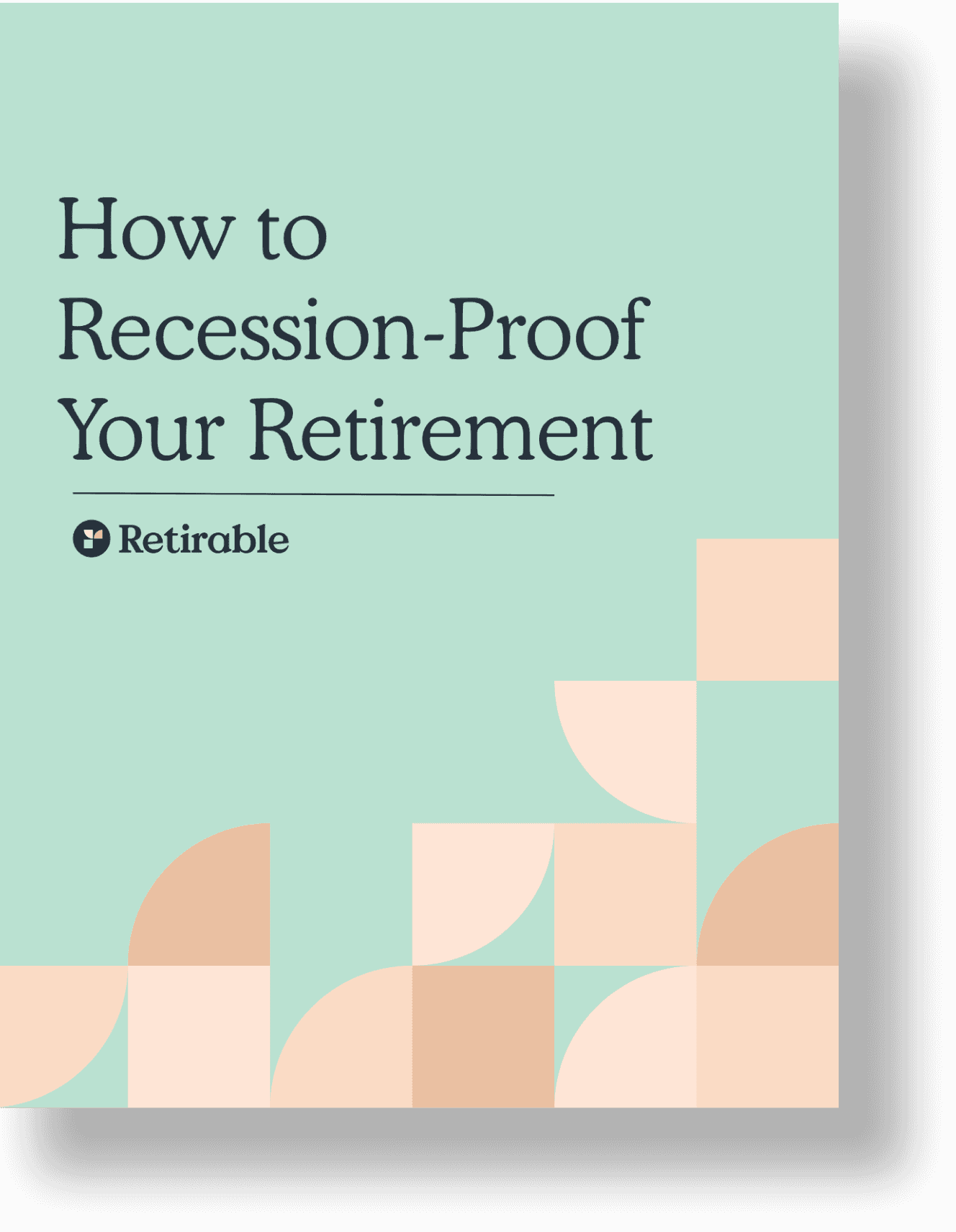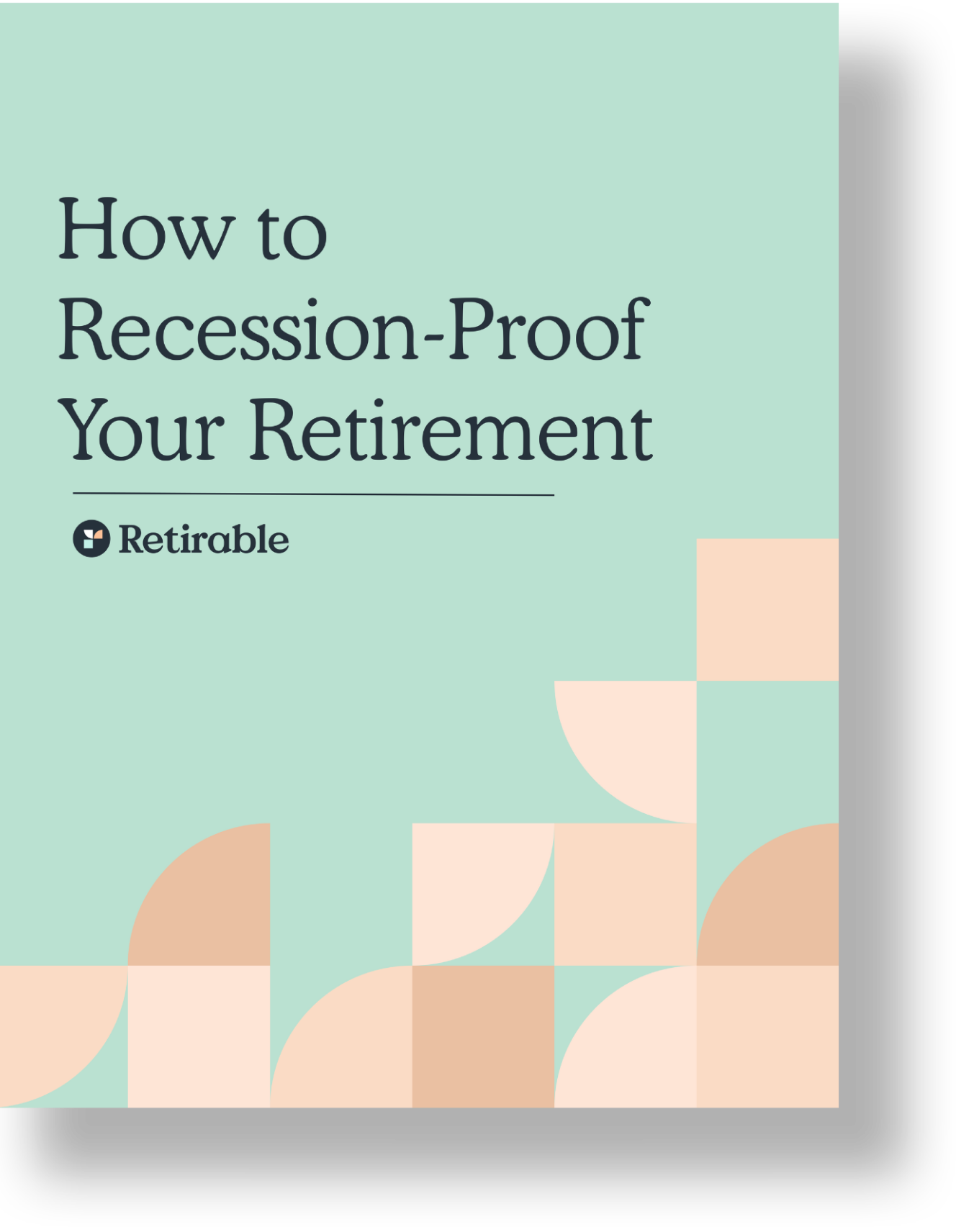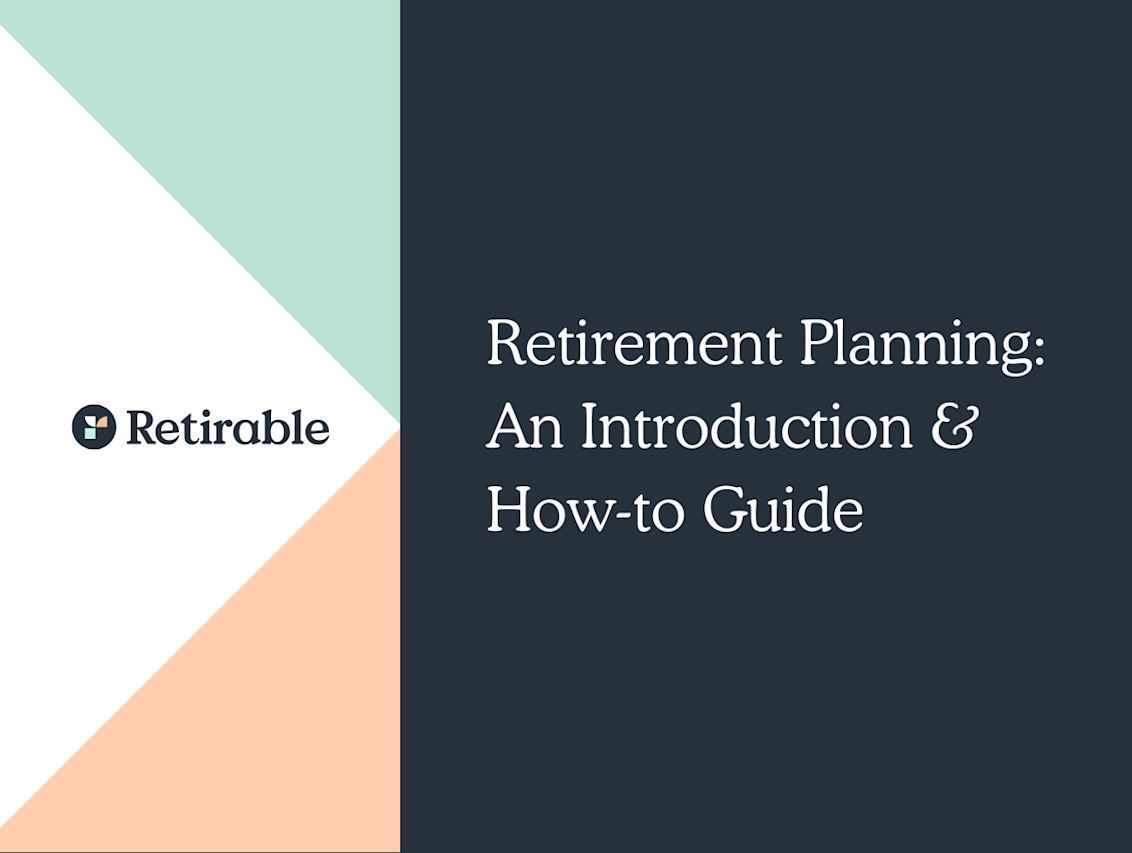Lifestyle
There’s no right answer that applies to everyone. Generally speaking, however, you should wait until you can collect the most possible from your Social Security benefits without your quality of life taking a hit, and calculate that against your other sources of income. The decision about the best age to retire will need to be made based on a number of life factors.

C.E Larusso
•
Published June 8th, 2023
Table of Contents
Key Takeaways
There’s no ideal age to retire; the decision will come after assessing your plans for the future and financial situation
Even though most people say they plan to retire at 66, the average age of retirement is 61
Waiting until you turn age 70 to collect your Social Security benefits could amount to a much higher payout—over 20% from what you would collect at 67
If you choose an early retirement age, make sure you have significant income from multiple sources to ensure you can live the rest of your life comfortably
You probably opened this article hoping to get a definitive answer as to what age you should retire, but the reality is: there’s no right answer that applies to everyone. Generally speaking, however, you should wait until you can collect the most possible from your Social Security benefits without your quality of life taking a hit, and calculate that against your other sources of income. All in all, the decision about the best age to retire will need to be made based on a number of life factors.
What is the Best Age to Retire?
Ideally, the age at which you choose to retire is based on a number of factors that you have considered and weighed, including:
- How much money you have saved for retirement
- Where you plan to live and what kind of lifestyle you want
- Your health/how long you expect to live for
- Available income sources, such as Social Security and 401(k) benefits
- Your tax situation
Planning for retirement should be done in a way where you will have enough money to live out your remaining years comfortably. While most non-retired people plan to retire at age 66, a Gallup poll shows that people tend to retire earlier than that—the true average reported age of retirement is 61.
The reality is that some people don’t get to choose when they retire, either because of sudden illness or health issues that prevent them from working anymore, job loss, or the need to care for extended family. With careful planning, however, and the help of a dedicated financial advisor, hopefully you can save enough to decide what retirement looks like, and when you want it to start.
The Most Common Retirement Ages
Some people choose to wait until their Social Security benefits kick in, while others are perfectly happy to start retirement once they can withdraw from their 401(k) penalty-free. While Gallup reported that the average age of retirement is 61, that could indicate that some retirees were forced into retirement early due to job loss or health issues.
Retiring at 60
Retiring at age 60 might be possible if you are in an exceptionally stable financial position, with many varied sources of income or inherited wealth. Retiring at age 60 (and anytime after you turn 59 ½) allows you to withdraw money from your IRAs and other qualified plans without paying a 10% penalty to the IRS, so it’s advisable to wait until at least this point to retire if you need to draw on these accounts for your primary income source, but you won’t be eligible to collect Social Security benefits yet.
Retiring at 62
While you can start collecting your Social Security benefits at 62, collecting them before you have reached your FRA (Full Retirement Age) will result in reduced payouts; you will only receive 75% of the full amount that you would have received if you waited. You can choose to collect Social Security and continue working, however your benefits will be reduced if you make more than the yearly earning limits, which for 2023 is set at $21,240. If you make more than the yearly earning limit, you can expect a $1 deduction from your Social Security benefit payment for every $2 you earn.
In addition, your cost-of-living adjustment (COLA) is based on your benefit, so waiting could mean an adjusted COLA that equals more money in your pocket each month, especially during periods of high inflation.
Retiring at 65
At 65, you are eligible for Medicare; retiring before 65 means you will need to pay out-of-pocket for insurance if you are no longer covered by an employer. You can add on prescription drug coverage, such as Medicare Part D or Medigap/Medicare Advantage, which can save you lots of money if you take regular medications. Note that if you do not sign up for prescription drug coverage when you retire at 65 and your Medicare kicks in, you could end up paying a higher penalty rate when you sign up later.
You might postpone your enrollment because you have a better insurance option, but when that coverage ends, you should sign up for the insurance immediately to avoid these penalties, which are issued every month you stay on Medicare.
Retiring at 67
67 is the full retirement age for those born after 1960. If that is you, you can claim your full Social Security benefit at this age (though waiting longer, up until the maximum age of 70, will get you even more). If you are in good health and enjoying your job, you might consider waiting the extra three years until you reach 70 to receive the maximum benefit. During this time, you can also make catch-up contributions to your 401(k) or IRA accounts.
Retiring at 70
Some people are in good health and love their jobs—if this is you, waiting until 70 to retire will give you substantial financial gains during retirement. You will be able to add more money to your 401(k) and your IRA account leading up to 70 (when you’ll be forced to receive the Required Minimum Distributions). In addition, you will receive the maximum Social Security benefit allowed. Of course, waiting to retire means delaying big plans you have for your post-work life, like travel and new hobbies.
How Your Retirement Age Impacts Savings & Income
Everyone’s financial picture looks different, but every year that you work, you are able to add more money into your retirement savings and let it grow and compound. Another way of looking at it is each year that you do not draw on those funds means one year fewer that the funds need to cover—if you have $1,000,000 saved, retiring at 62 means they might need to last you 20-25 years, while retiring at 70 means they might only need to be stretch for 15-20 years.
Waiting as long as possible will also give you extra years to cushion those tax-advantaged investment accounts through catch-up contributions; those 50 years of age or older can make catch-up contributions to their 401(k) or IRA.
Finally, it’s important to consider how much more you can receive via your Social Security benefits the longer you wait. If you begin collecting before your full retirement age, your benefits will be reduced, and they will stay reduced. If you wait until after, your benefits will increase and be adjusted for COLA. To give you a sense of how much more you could receive based on the age you begin to collect, take a look at this chart, which is based on the average monthly Social Security benefit in 2022:
| Age | Change in Benefit Compared to FRA | Monthly Benefits |
|---|---|---|
| 62 | 30% | $1,085 |
| 63 | 25% | $1,163 |
| 64 | 20% | $1,240 |
| 65 | 13.3% reduction | $1,344 |
| 66 | 6.7% reduction | $1,447 |
| 67 | No change | $1,550 |
| 68 | 8% increase | $1,674 |
| 69 | 16% increase | $1,798 |
| 70 | 24% increase | $1,922 |
Should You Extend Your Retirement Age with Inflation Rising?
These days, it seems like everyone is trying to find unique ways to hedge against inflation, which stands at 6.4% for the 12 months ended in January 2023, after rising 6.5% previously. Some retirement investments are protected against inflation, like Social Security, which adjusts for cost-of-living, as well as Series I bonds. During periods of high inflation, it’s wise to chat with your Financial Advisor to discuss if you need to move some of your assets to become inflation-proof, or if it is a good idea to delay your retirement.
That said, while it might be tempting to take out your Social Security benefits now, while they have been adjusted against this high inflation period, it’s still likely to your financial gain to wait as long as possible and reap the adjusted benefit amount. The calculation, however, is best done with the guidance of a trusted financial advisor.
How to Plan for Retirement at Any Age
The most important thing you can do to plan for retirement is to start saving. Obviously, when you are younger, you might still be paying off student loan debt or saving for your first house, making saving for retirement more difficult, but every dollar counts. A general guideline is to save 15% of your income each year for retirement—and some of that could even come from your employer match to your 401(k) or 403(b).
If you’re starting your savings later in life, you might need to save a little more each year to make up for lost time. There are a few different approaches to financial and retirement planning, but the first steps usually involve identifying your short and long term goals, assessing your spending, and figuring out the best investment and savings plans to get to your goals.
Share this advice

A professional content writer, C.E. Larusso has written about all things home, finance, family, and wellness for a variety of publications, including Angi, HomeLight, Noodle, and Mimi. She is based in Los Angeles.
Share this advice

A professional content writer, C.E. Larusso has written about all things home, finance, family, and wellness for a variety of publications, including Angi, HomeLight, Noodle, and Mimi. She is based in Los Angeles.
Free Retirement Consultation
Still have questions about how to properly plan for retirement? Speak with a licensed fiduciary for free.






